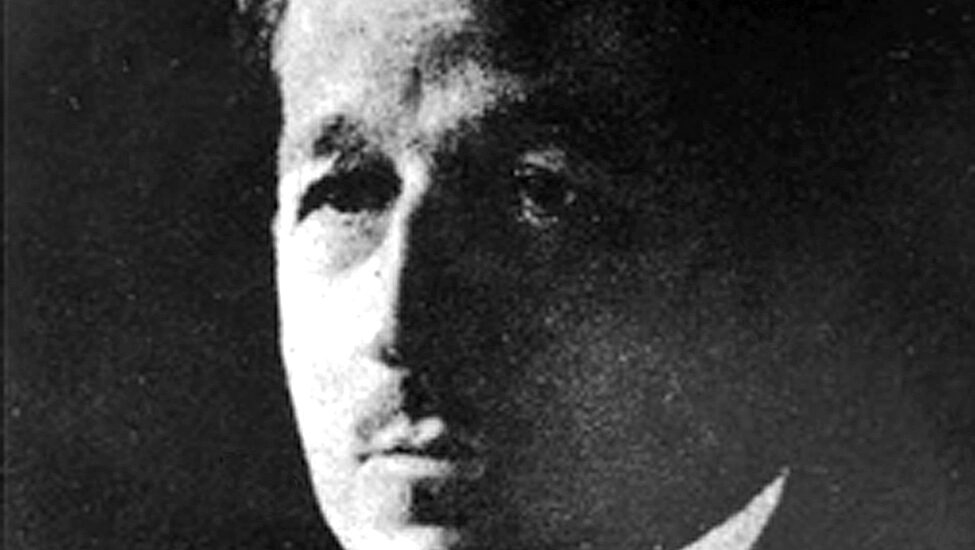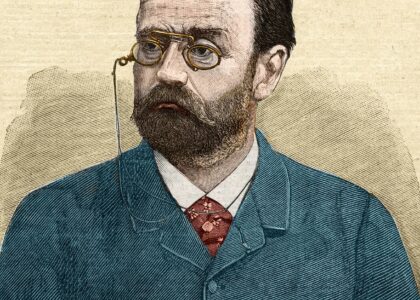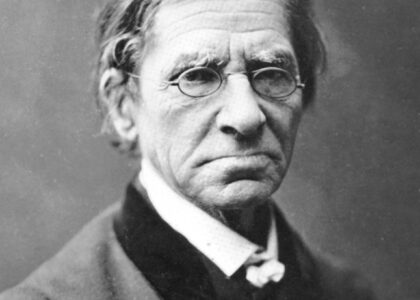Welcome to Locard, a place that carries the legacy of one of the most pivotal figures in forensic science, Dr. Edmond Locard. Often referred to as the ‘Sherlock Holmes of France’, Locard was born on November 13, 1877, in Saint-Chamond, France. His contributions to forensic science are monumental, beginning with the establishment of the world’s first police crime laboratory in 1910, located in Lyon. This laboratory marked a significant turning point in the history of criminology and forensic investigation.
Locard’s career began in the realm of medicine and law at the University of Lyon, where he worked under the esteemed criminologist Alexandre Lacassagne. His pioneering work in forensic science was heavily influenced by his collaboration with Alphonse Bertillon, known for developing anthropometry, a method for identifying individuals based on physical measurements.
During World War I, Locard served as a medical examiner for the French Secret Service, honing his skills in identifying causes and locations of soldiers’ deaths through their uniforms. This experience further solidified his belief in what would become known as ‘Locard’s Exchange Principle’. This principle, stating ‘every contact leaves a trace’, is foundational to modern forensic science, emphasizing that criminals will leave traces at crime scenes and take traces with them.
Over his lifetime, Locard wrote extensively on the subject of criminalistics, including his notable seven-volume series, ‘Traité de Criminalistique’. His work in dactylography, or fingerprint analysis, helped establish fingerprinting as a preferred method of identification over Bertillon’s anthropometry.
Locard’s influence extended beyond his lifetime, as his principles remain integral to forensic practices today. His work has been referenced in various media, including television shows like ‘Law & Order: Special Victims Unit’ and the film ‘Cold Case’.
Locard continued to innovate in forensic science until his death on May 4, 1966, leaving behind a legacy that continues to shape the field of criminology.






